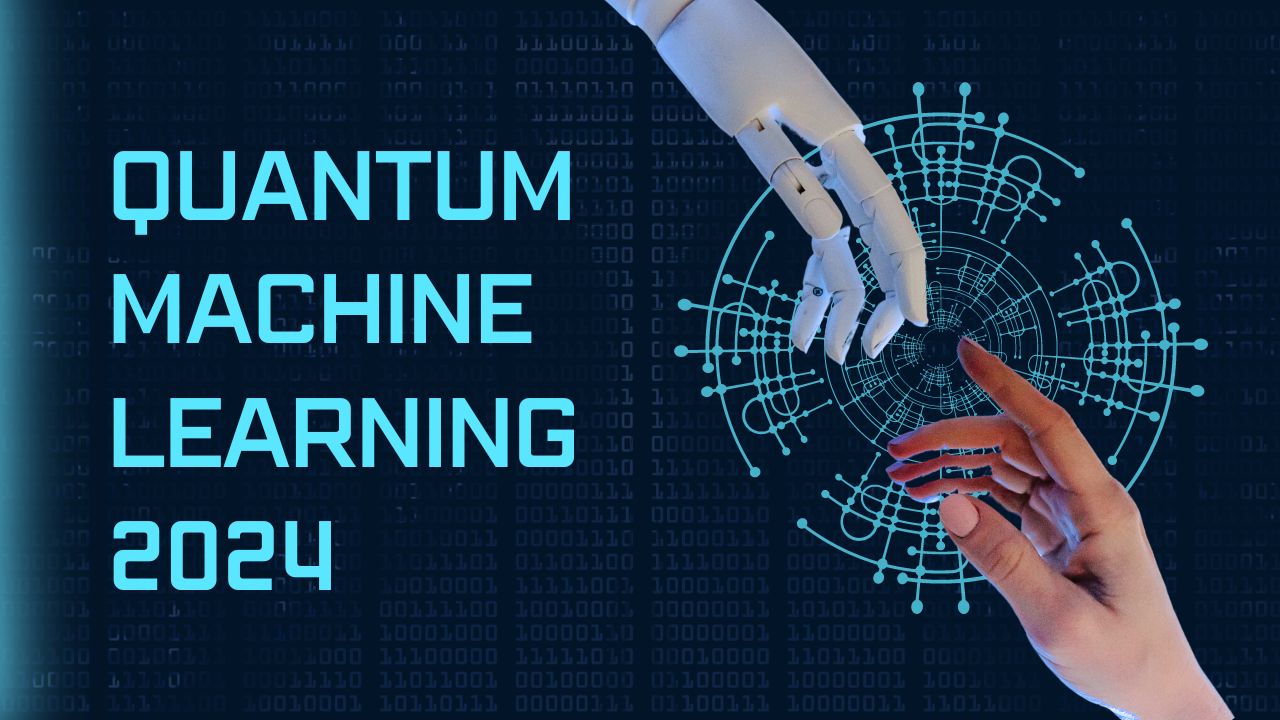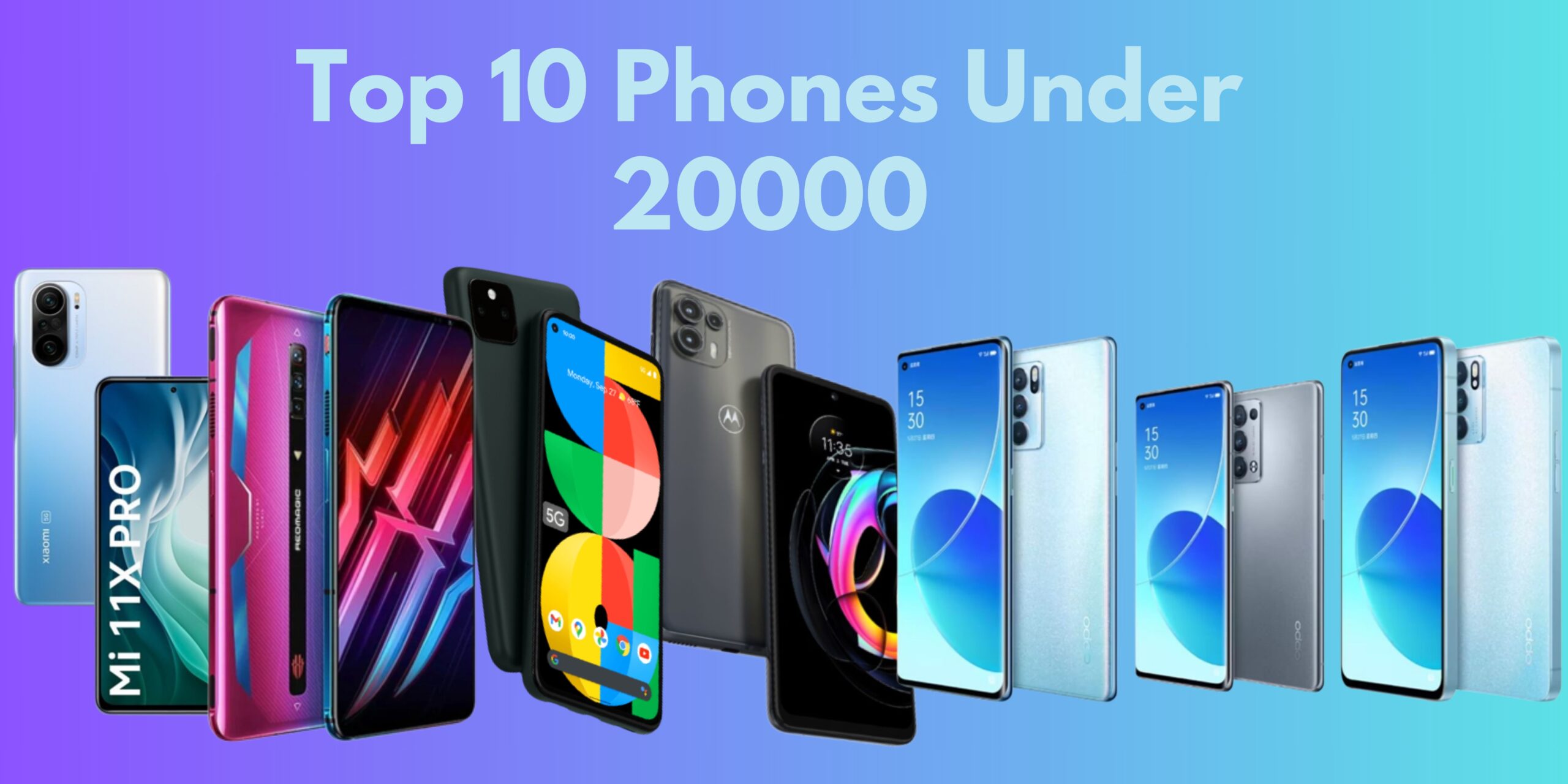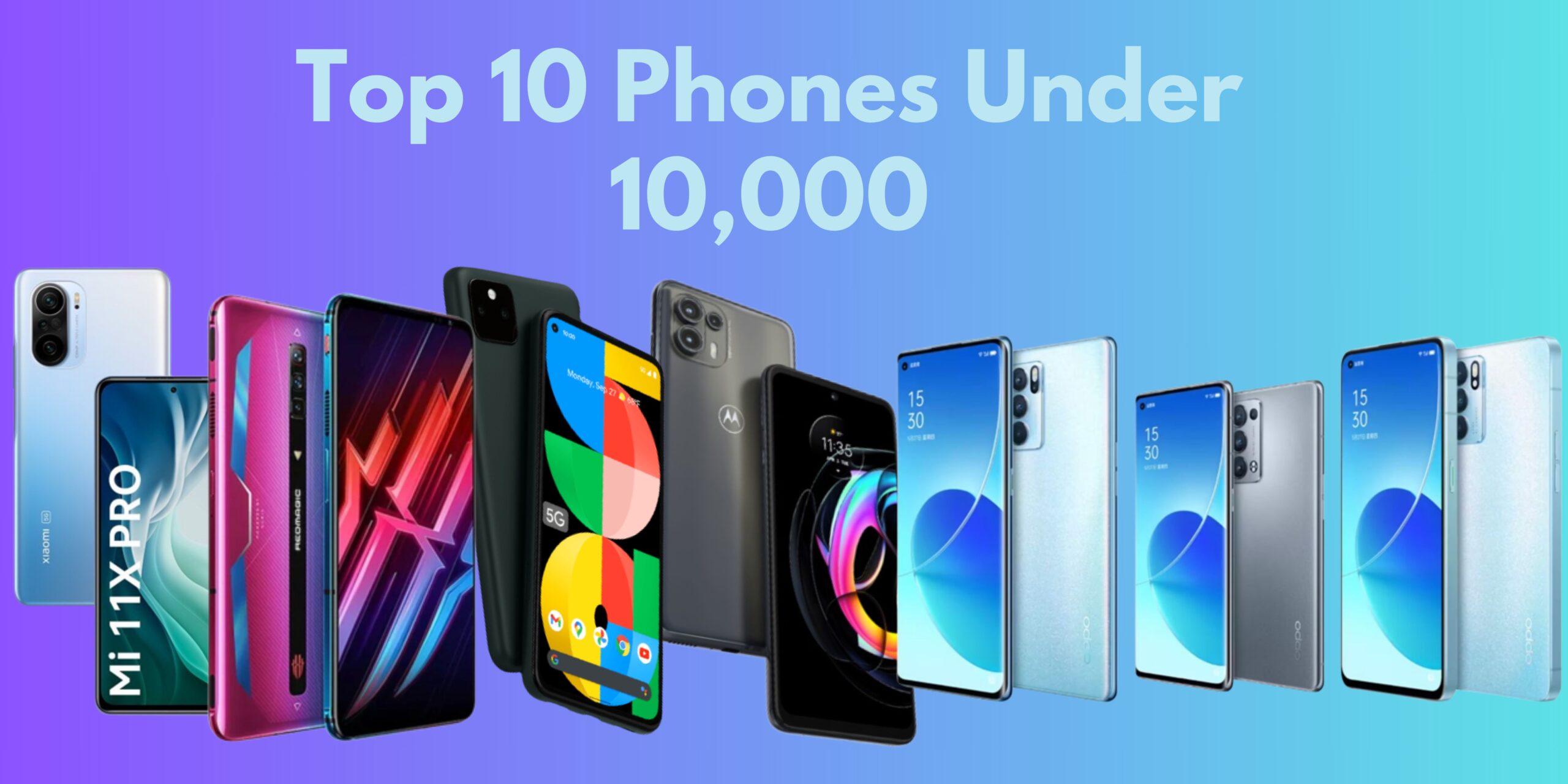the Potential of Quantum Machine Learning
In recent years, the intersection of quantum computing and machine learning has sparked significant interest and excitement. Quantum machine learning (QML) combines the computational power of quantum computing with the pattern recognition capabilities of machine learning algorithms, opening up new possibilities for solving complex problems and accelerating scientific discovery. In this comprehensive guide, we will delve into the world of quantum machine learning, explore its applications across various domains, and highlight free tools and resources available for enthusiasts and professionals alike.
Understanding Quantum Machine Learning
Quantum machine learning represents a paradigm shift in computational science, leveraging the principles of quantum mechanics to enhance traditional machine learning techniques. Unlike classical computers, which rely on bits to represent data as either 0 or 1, quantum computers use qubits, which can exist in multiple states simultaneously due to the phenomenon of superposition. This inherent parallelism allows quantum machine learning algorithms to explore vast solution spaces more efficiently, making them well-suited for tackling complex optimization problems, data analysis tasks, and more.
Applications of Quantum Machine Learning
Drug Discovery
Quantum machine learning has enormous potential in the realm of drug development, as researchers confront the difficult problem of discovering new molecules with therapeutic qualities. By exploiting quantum computing’s capacity to simulate chemical interactions and predict molecular structures with high accuracy, QML algorithms can greatly expedite drug discovery, resulting in the creation of novel remedies for a variety of illnesses and medical conditions.
Financial Modeling
In the realm of finance, quantum machine learning algorithms can revolutionize risk assessment, portfolio optimization, and algorithmic trading strategies. By analyzing vast amounts of financial data and detecting subtle patterns and correlations, QML models can provide traders and investors with valuable insights and predictions, helping them make informed decisions and mitigate risks in dynamic market environments.
Natural Language Processing
Quantum machine learning has the potential to advance natural language processing (NLP) tasks such as language translation, sentiment analysis, and text summarization. By harnessing the power of quantum computing to process and analyze large volumes of text data, QML algorithms can extract semantic meaning, detect nuances in language, and generate more accurate and contextually relevant responses.
Image Recognition
Quantum machine learning algorithms excel in image recognition and computer vision tasks, where they can analyze and interpret visual data with unprecedented speed and accuracy. From facial recognition systems to autonomous vehicles, QML models can identify objects, detect patterns, and classify images with remarkable efficiency, paving the way for safer, more intelligent technologies.
Optimization Problems
One of the key strengths of quantum machine learning lies in solving optimization problems, such as route planning, scheduling, and resource allocation. By leveraging quantum annealing and other optimization techniques, QML algorithms can find optimal solutions to complex combinatorial problems, enabling more efficient resource utilization and cost savings in various industries.
Free Quantum Machine Learning Tools and Services
For enthusiasts and professionals interested in exploring quantum machine learning, there are several free tools and resources available:
Qiskit
Qiskit is an open-source quantum computing framework developed by IBM. It provides a comprehensive suite of tools for quantum circuit design, simulation, and execution, making it an ideal platform for experimenting with quantum machine learning algorithms.
Cirq
Cirq is a quantum computing framework developed by Google. It allows users to create and simulate quantum circuits using Python, making it accessible to both beginners and experienced researchers interested in quantum machine learning.
PennyLane
PennyLane is an open-source software library for quantum machine learning developed by Xanadu. It integrates seamlessly with popular machine learning libraries like TensorFlow and PyTorch, enabling researchers to build and train quantum machine learning models using familiar tools and techniques.
Amazon Bracket
Amazon Bracket is a cloud-based quantum computing service that provides access to a variety of quantum hardware and simulators. It offers a range of quantum machine-learning tools and resources, making it easy for users to experiment with quantum algorithms and applications.
Quantum machine learning represents a convergence of quantum computing and machine learning, offering new opportunities for innovation and discovery across various fields. From drug discovery and financial modelling to natural language processing and image recognition, the applications of QML are vast and far-reaching. With free tools and resources readily available, enthusiasts and professionals can explore the exciting world of quantum machine learning and contribute to its continued advancement. As we continue to unlock the potential of quantum computing and machine learning, the future of technology looks brighter than ever before.
FAQs
What is Quantum Machine Learning (QML)?
Quantum machine learning (QML) is a field that combines principles from quantum computing and machine learning to develop algorithms capable of processing and analyzing data using quantum computers. QML aims to leverage the unique properties of quantum mechanics, such as superposition and entanglement, to enhance traditional machine learning techniques.
How does Quantum Machine Learning differ from classical machine learning?
Classical machine learning algorithms operate on classical computers, which process data using bits that can represent either 0 or 1. In contrast, QML algorithms leverage qubits in quantum computers, which can exist in multiple states simultaneously due to superposition. This allows QML algorithms to explore vast solution spaces more efficiently and potentially outperform classical algorithms for certain tasks.
What are the potential applications of Quantum Machine Learning?
Quantum Machine Learning has a wide range of potential applications across various industries, including drug discovery, financial modelling, natural language processing, image recognition, and optimization problems. QML algorithms can revolutionize these fields by offering faster, more efficient solutions to complex problems.
Are there any free Quantum Machine Learning tools available?
Yes, there are various free Quantum Machine Learning tools and materials available to both hobbyists and professionals. Examples include IBM’s Qiskit open-source quantum computing framework, Google’s Cirq quantum computing framework, and Xanadu’s PennyLane open-source quantum machine learning software library. Furthermore, cloud-based services like Amazon Bracket offer access to quantum hardware and simulators for testing.
What are the challenges and limitations of Quantum Machine Learning?
While Quantum Machine Learning holds great promise, it also faces several challenges and limitations. These include the technical complexity of building and programming quantum computers, the limited availability of quantum hardware, and the difficulty of implementing and scaling quantum algorithms. Additionally, QML algorithms may require significant computational resources and expertise to develop and optimize effectively.
How can I get started with Quantum Machine Learning?
To get started with Quantum Machine Learning, first study the principles of quantum computing and machine learning. There are several online resources, tutorials, and courses available to assist you grasp the fundamentals and uses of QML. You may also try out free quantum machine learning tools and platforms to get hands-on experience with quantum computing and hone your abilities in this intriguing subject.



